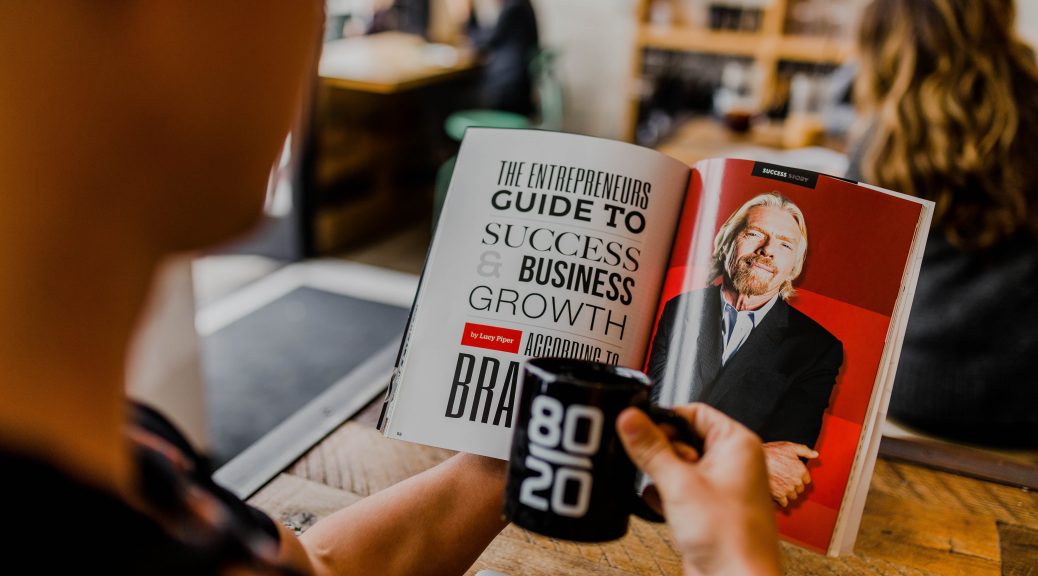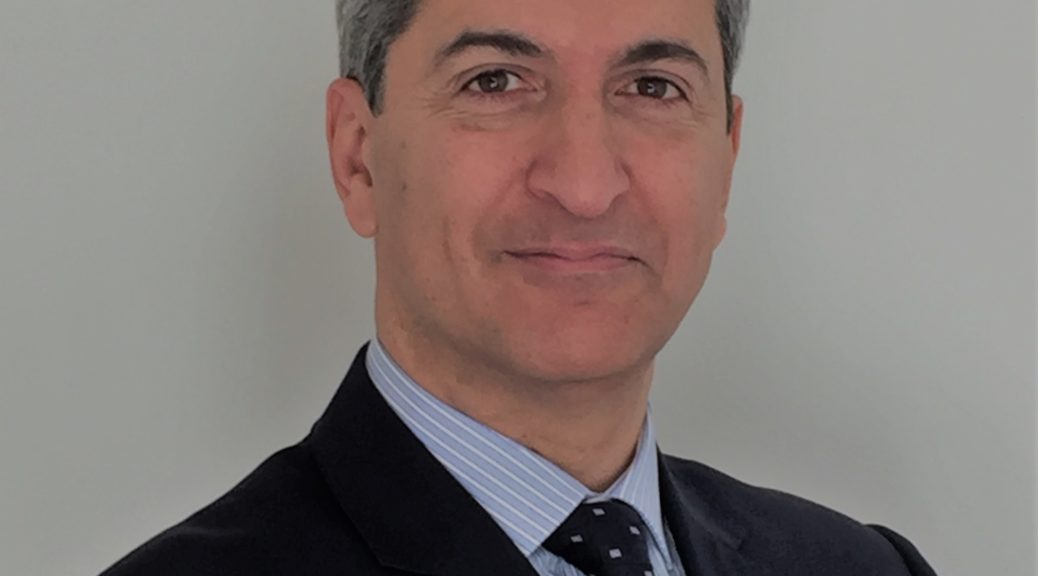
The MBA is a highly desired qualification by both young professionals and employers. Not only does an MBA equip the student with a wealth of business and leadership skills, it shows clear signs of an individual’s focus and ambition as well as an adventurous spirit – leaving a secure job to study for an MBA requires not only funds but courage.
MBAs benefit individuals, employers, and the economy. Although it is essential to hone skills in specialist areas, businesses are keen on hiring MBA graduates because they have a deeper understanding of a range of business practices that enable them to be more strategic and agile in their thinking and problem solving.
The MBA opens new career opportunities, helps students to gain better insight into their motivations and goals, and connects them with inspiring professionals who can support their career ambitions long term. Taking an MBA is a major financial commitment and because of their prestige, the cost of attending the top international schools is high. Consequently many students seek scholarships to support their studies. For over 30 years, the Sainsbury Management Fellows (SMF) scholarships have been awarded to professional engineers who have clear leadership potential. Today, there are 365 SMFs who, collectively, have been awarded £11 million in scholarships to enable them to acquire skills that help UK businesses succeed and the economy growth.
In this blog we introduce four Sainsbury Management Fellows who have used their MBA skills and experiences to steer their careers in new and exciting directions.
Engineering a Finance Career in Green Energy: SMF Chris Gifford, Senior Risk Consultant, Chief Credit Officer, Vancity Community Investment Bank, Canada

After gaining his engineering degree at Oxford University, SMF Chris Gifford started his fulltime career in the power generation sector. He worked throughout the UK and internationally helping to operate and maintain the control and instrumentation systems of fossil-fuelled power stations. He progressed into a commercial role, analysing the financial performance of the power stations, which gave him a deeper understanding of business and a desire to pursue his career in a business direction.
Chris decided that he wanted to work in the cutting-edge transition from fossil-fuel to green technology in a business and finance capacity, but he realised that he needed additional business skills to secure a top-level position in a leading company. Because of his engineering background, prospective employers tended to pigeon-hole him as a techie. Chris knew that gaining an MBA would enhance his skills and make him more marketable. The MBA, which he undertook at INSEAD, provided not only the vital business skills needed for a career shift, but accelerated an improvement in his interpersonal and leadership skills.
Today, Chris is the Senior Risk Consultant, Chief Credit Officer at Vancity Community Investment Bank in Ontario, Canada where he uses his combined engineering and business skills to assess the viability and robustness of complex renewable energy proposals from businesses seeking finance, eliminating the need for the bank to use external professionals to carry out additional assessments. In addition to identifying potential problems, Chris recommends improvements and efficiencies that allow important renewable energy projects to be funded.
Chris’ engineering background is a major asset in his role. He explained: “My engineering skills are typically applied to evaluate whether businesses trying to access financing have fully understood the complexities for themselves. There is a bias for optimism and sometimes blind spots when it comes to risk assessment; I provide an objective and pragmatic view on how likely a project is to succeed.”
Switching from a Technical to Management Role: SMF Dere Ogbe, Shell Corporate Strategy and Portfolio Consultant, UK

SMF Dere Ogbe was appointed Senior Strategy and Portfolio Consultant at Shell after graduating from London Business School with an SMF-sponsored MBA. He credits his MBA for galvanising his career in this new direction and says he now has the ability to lead both technical and commercial strategy projects.
Before taking his MBA, Dere was a Senior Operations Excellence Engineer at BP Exploration. This was a technical role which involved implementing best practices to drive continuous improvement across joint ventures in Europe, Middle East, and North Africa. This involved cascading business decisions into technical requirements and this gave Dere an insight into how commercial choices drive project design and operational requirements. This awareness, coupled with the knowledge from courses such as Managing Engineering Projects, sparked his interest in business management.
Dere sites a number of ways that the MBA has helped to transform his career: “It has given me the necessary financial, strategic, and commercial skills to quickly analyse problems and propose possible solutions. The programme also enhanced my data analytical and leadership skills. Also, I feel very comfortable leading a wider range of people with different technical and commercial expertise. With these additional skills, I can jump into projects and get up to speed quickly. The part of my job I especially love is the challenge of thinking on my feet, rapidly uncovering the critical factors and, with the team, creating a roadmap to solve the problem. The MBA has had a transformative effect on my career and leadership skills.”
Billy Comes to Life Through Engineering and Business Talent: SMF Rob Deering, CEO, Billy, Australia

Before business school, SMF Rob Deeming gained a degree in mechanical engineering at the University of Nottingham. After graduation, he spent five years as a consultant at Bain & Company where he developed practical skills such as problem-solving and collaborative working. This role gave him the time and freedom to decide what he wanted to do longer term. He said: “It was an incredible place to start a career. The level of learning, skills development and personal support available in consulting is second-to-none.”
Rob took his MBA at Harvard and says that it gave him both personal and professional perspective: “It opened my eyes to new career pathways, in particular, those which combined his engineering and business skills.” Since graduating, Rob has lived in both New York and Sydney where he has built several tech-driven businesses, including three start-ups.
The most recent entrepreneurial venture is a technology company, Billy, which addresses the fundamental challenges of caring for seniors, while allowing them to remain in their own homes as independently as possible, on their own terms. Billy uses a series of Internet of Things sensors to identify patterns of behavioural routine for seniors, and shares this information through an app, in real time, with family members and professional carers. Billy can read all the activities of daily living using smart analytics to determine patterns in routine and identify changes before they result in medical emergency.
The future is exciting for both Rob and the company; Billy is growing in size and reputation and is now in 1,000 homes across Australia and the USA. Initial feedback shows that customer confidence is high and there has been a reduction in hospitalisations in the households where Billy is installed.
Winning an SMF scholarship enabled Rob to undertake his prestigious MBA, which gave him the skills to follow his entrepreneurial dreams.
Engineers with Business Skills Transform UK Industry: SMF Ian Peerless, Operations Director, ExRobotics, UK

Ian Peerless’ route to an engineering career began at the University of Southampton, where he graduated with a First in Civil Engineering, after which he spent a year with British Leyland in a mechanical engineering role. The hydrocarbon industry in the North Sea was booming and he was keen to move into that sector, so gained a Petroleum Engineering Masters at Heriot-Watt University and shortly after graduating joined Shell as a Petroleum Engineer and enjoyed an international career for five years.
However, he reached a ‘crunch point’ in his career, as is often the case with young engineers. At this point there is a choice; to work up through the ranks of a company as a pure engineer or to diversify and move upwards in a different direction. Ian chose the latter. His interest in business management led him to the MBA, with a scholarship from SMF to attend IMD in Switzerland.
The MBA gave Ian the credibility required to step into a management role; a role that would otherwise been out of his reach. He was one of the first engineers to benefit from the SMF scholarship programme, and proved that having engineers in management roles throughout industrial companies is extremely valuable.
After the MBA he joined British Steel, where he gained a wealth of management experience. He worked in Business Development, Sales, Operations, and finished as the number two in the Business Strategy department reporting to the main board. After 15 years with British Steel, Ian was enticed back to Shell, where he was a key member of an internal consultancy group. He travelled the world advising, coaching and facilitating leadership teams on project management and contract strategy. When that project was completed, he set up an independent consultancy, IPKA where he continued to perform a similar role to the Shell position, but with different oil and gas companies.
In 2010, Ian took on a Shell contract to develop an oilfield robot. He gained extensive knowledge of this specialist robotic niche which led him to form ExRobotics, a company that is tackling the problem of oil and gas operators being sent into hazardous, harsh, and remote locations. The robots can be permanently stationed at those locations, removing people from harm’s way as well as cutting costs and reducing lost production.
Summing up the benefits of the MBA, Ian said: “The MBA gave me skills that I still use in my work. In particular, the ability to understand a business, its markets, its competitive position, and to turn that into an action plan for success. Furthermore, the MBA made me understand that if you combine the strengths of individuals and create a motivated team, wonderful things happen. The MBA not only changed the direction of my career it also changed my industry. The combination of my life before the MBA (technical) has been combined with my life after the MBA (management) to create ExRobotics.”
How to Apply for the Sainsbury Management Fellows MBA Scholarship
If you are a professional engineer considering an MBA as one of the stepping-stones towards a business leadership career, visit our MBA scholarship application page, you could become one of our successful awardees –the individual scholarship is £50,000 and we award ten of these every year.








 Sainsbury Management Fellow, Perses Sethna- Director of Business Change Services at PRT Partners: Perses is a Chartered Engineer, Fellow of the Institution of Engineering & Technology, SMF and INSEAD MBA. He has held change leadership positions throughout his career at BT plc, Dixons Carphone Group and most recently his own business change consultancy PRT Partners Ltd.
Sainsbury Management Fellow, Perses Sethna- Director of Business Change Services at PRT Partners: Perses is a Chartered Engineer, Fellow of the Institution of Engineering & Technology, SMF and INSEAD MBA. He has held change leadership positions throughout his career at BT plc, Dixons Carphone Group and most recently his own business change consultancy PRT Partners Ltd.




